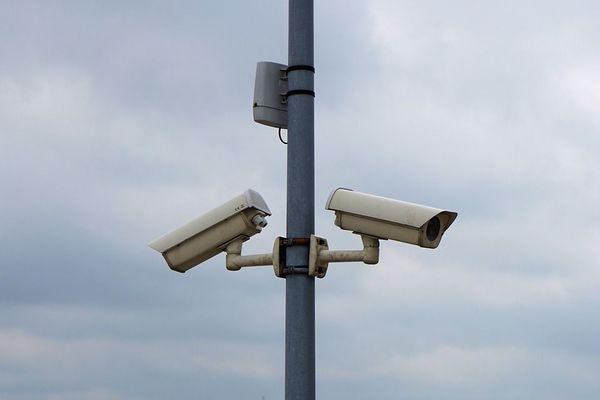As the crypto world works its way through a maze of permitted as well as illicit activities on its path to mainstream adoption, a paradox persists: Should the decentralized networks of crypto come under regulation? This Hamlet-like existential angst played out recently in the Tornado Cash ban.
Tornado Cash's Privacy Protocol
Tornado Cash is a smart contract that uses Ethereum and ERC-20 tokens.
It does what privacy coins have been doing for a while now: It mixes digital addresses so that transactions cannot be traced.
That can be great, but it can also spur illegal activity. It is great from a privacy standpoint in that users can hide activity when they want to send and receive funds they don't want others to see.
But when that privacy tool allows illicit transactions, regulators need to step in.
Earlier this month, the U.S. Office of Foreign Assets Control (OFAC) found that Tornado Cash has been used to launder around $7 billion to date.
In 2019, Lazarus Group, a North Korean hacking group, used it to steal over $455 million in USDC and Ether from the gaming protocol Ronin Network.
Get The Latest Crypto News And Data
Blockchain analytics firm Nansen traced the crypto deposits to Tornado Cash's mixer and found that some 18% of ETH flowing through Tornado Cash originated in the Ronin hack. Total ETH deposits in April after the hack in March spiked to $200 billion to $600 billion.
According to Ari Redbord, head of legal and government affairs at a blockchain analytics firm, the Ronin hack has serious implications for national security. Cryptos from the hack could potentially be used to fund activities that could endanger the U.S. after they were mixed in Tornado Cash.
This year, $96 million flowing through Tornado Cash has been traced to the Harmony Bridge hack and at least $7.8 million to the Nomad Bridge hack.
Sanctions Raise Questions In The Crypto Community
Tornado Cash is a code — an autonomous and decentralized protocol. The Tornado Cash code is also noncustodial. It does not hold crypto. It is merely a mixer. Sanctioning it is impossible.
However, regulators can prevent people from using it. That is what is happening. After OFAC blocked 40 addresses that could be traced to Tornado Cash, Circle blacklisted all addresses associated with Tornado the same day. The Tornado GitHub went offline, along with its website.
As the dust settles, the existential dilemma remains: The mainstreaming of crypto clearly appears to have passed a tipping point. Preventing illicit activity is an essential steppingstone toward further progress. But does that always mean regulatory oversight? The answer in the DeFi world is no: Centralized control in any form is anathema.
Crypto's Use Cases Remain Strong
Read More
More Crypto News From Dow Jones
Bitcoin Rises. How Tech Earnings Could Threaten This Rally
Ex-Coinbase Employee and 2 Others Charged in Insider Trading Case
Bitcoin Cash leads way as most big cryptocurrencies post gains
Crypto's Domino Effect Is Widening, Threatening More Pain
Congress to Put Strict Limits on Stablecoin Issuers. What to Know







